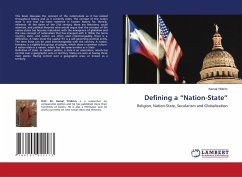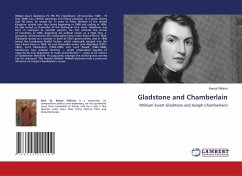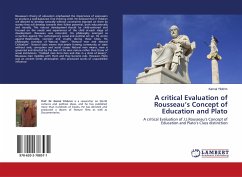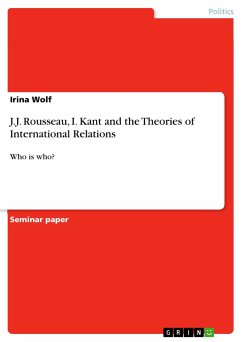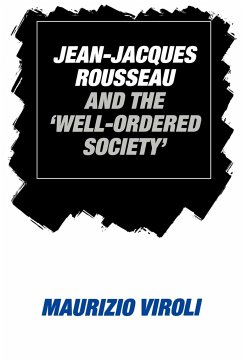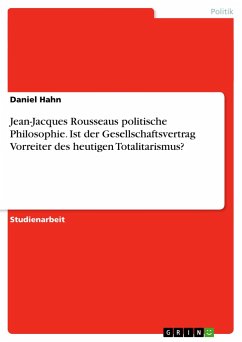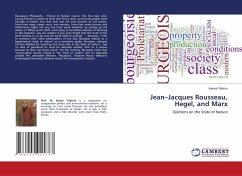
Jean-Jacques Rousseau, Hegel, and Marx
Opinions on the State of Nature
Versandkostenfrei!
Versandfertig in 6-10 Tagen
36,99 €
inkl. MwSt.

PAYBACK Punkte
18 °P sammeln!
Rousseau's Philosophy - Theory of Human nature. The first man who, having fenced in a piece of land, said 'This is mine', and found people naïve enough to believe him, that man was the true founder of civil society. From how many crimes, wars, and murders, from how many horrors and misfortunes might not any one have saved mankind, by pulling up the stakes, or filling up the ditch, and crying to his fellows: Beware of listening to this impostor; you are undone if you once forget that the fruits of the earth belong to us all, and the earth itself to nobody. - Rousseau, 1754. In common with othe...
Rousseau's Philosophy - Theory of Human nature. The first man who, having fenced in a piece of land, said 'This is mine', and found people naïve enough to believe him, that man was the true founder of civil society. From how many crimes, wars, and murders, from how many horrors and misfortunes might not any one have saved mankind, by pulling up the stakes, or filling up the ditch, and crying to his fellows: Beware of listening to this impostor; you are undone if you once forget that the fruits of the earth belong to us all, and the earth itself to nobody. - Rousseau, 1754. In common with other philosophers of the day, Rousseau looked to a hypothetical "state of nature" as a normative guide. Rousseau criticized Thomas Hobbes for asserting that since man in the "state of nature... has no idea of goodness he must be naturally wicked; that he is vicious because he does not know virtue". On the contrary, Rousseau holds that "uncorrupted morals" prevail in the "state of nature" and he especially praised the admirable Webster, "Rousseau", Random House Webster's Unabridged Dictionary, Random House "Pre-romanticism Criticism".



